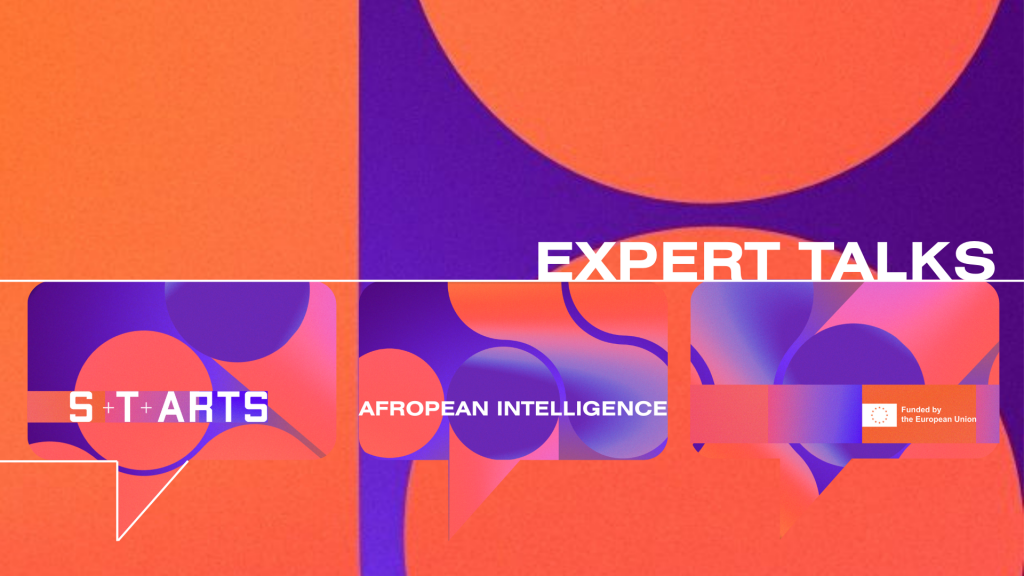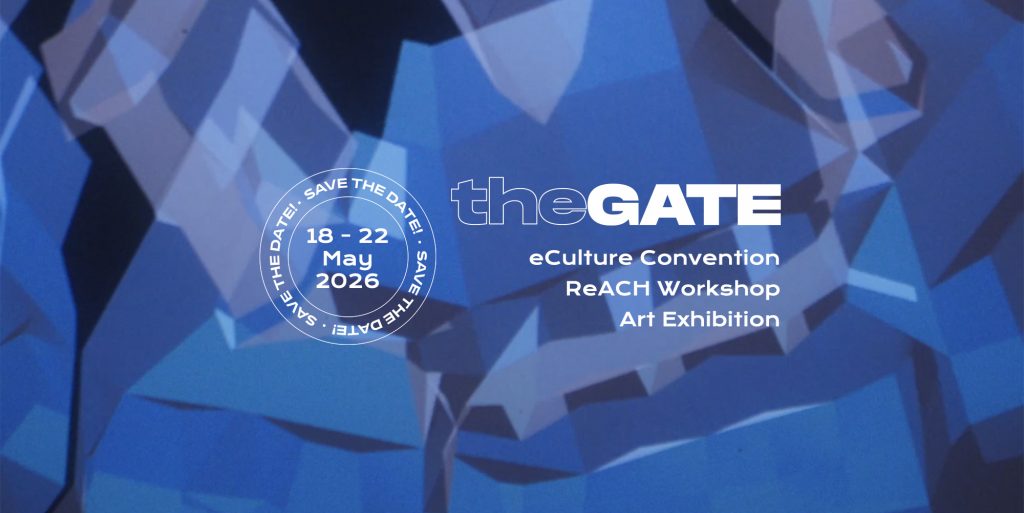Decoding Egwu by Emmanuel Ndefo & Dan Xu
As part of the Afropean Intelligence Residency Program.
Challenge “Intercultural AI: Weaving Worlds through Art and Algorithms”

The selected project
Decoding Egwu: reclaiming indigenous intelligence through AI, dance and Igbo
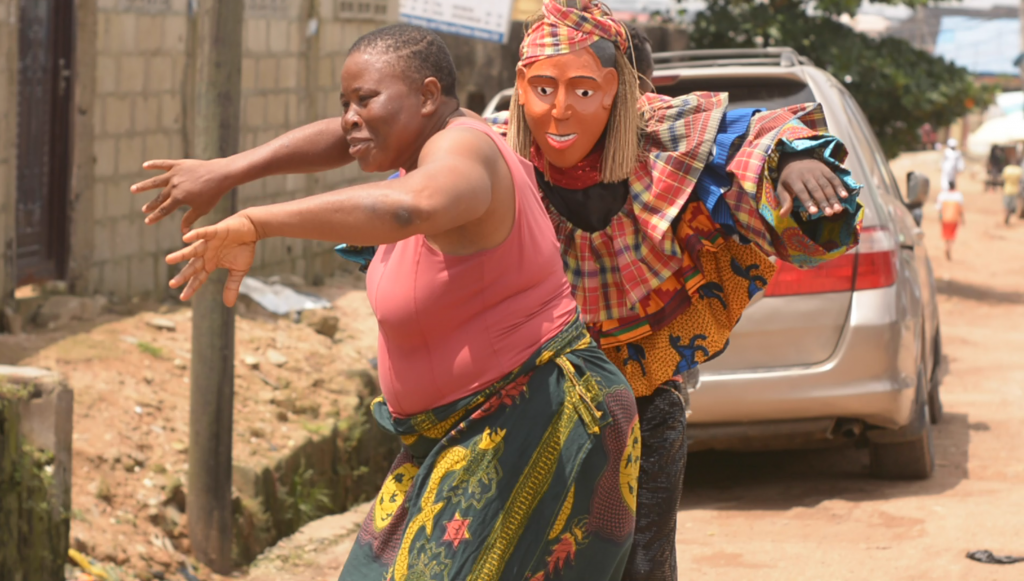
Decoding Egwu is a cross-disciplinary project that reimagines the concept of dance and intelligence through the Igbo concept of “egwu” — a word encompassing dance, music, play, and even awe. Unlike Western frameworks of dance, egwu is a philosophy of embodiment, ritual, and ancestral memory. This project takes a community-driven approach to co-create an ethical, multimodal dataset of egwu across Igbo language, movement, and sound. Taking the dataset as a reference point, we aim to interrogate cultural biases embedded in existing AI systems when it comes to understanding egwu. Ultimately, our goal is to build an alternative AI prototype that is able to listen, learn, and rethink “dance” through Igbo ontologies and epistemologies.
Host institution
Gallery of Code, Abuja (NG)
European partner
GLUON, Brussels (BE)
The artists
Emmanuel Ndefo
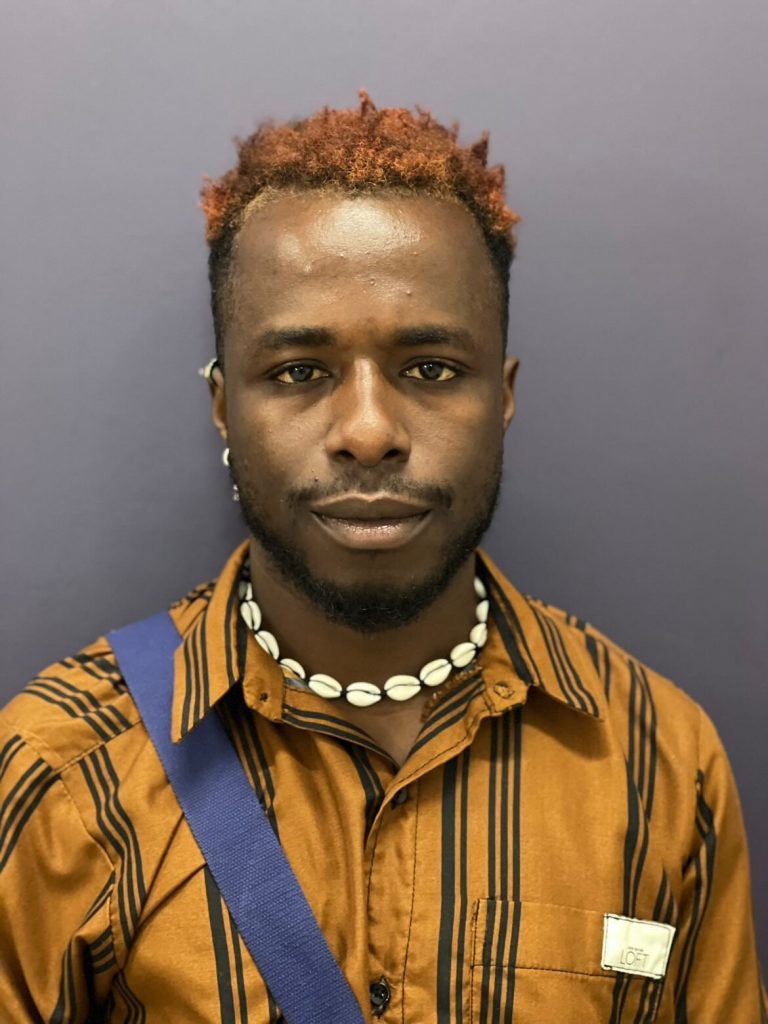
Emmanuel Ndefo (b. 1991, Kano, Nigeria) is a performance artist, researcher and choreographer who uses the body as both medium and interface to explore how movement can engage with urgent contemporary dialogues. Working with the metaphor of “hacking,” he imagines the body as a living network and experience as data, vulnerable to glitches yet also open to free creation, presence, and discovery. Rooted in dance, performance, and installation, his work draws from formal training in dance research alongside deep engagement with traditional African rituals and dances, and urban movement vocabularies such as hip-hop, krump, and house. This hybrid approach allows him to bridge embodied heritage with experimental forms, crafting performances that move between physical, cultural, and digital realms.
+ Website
+ Instagram
Dan Xu
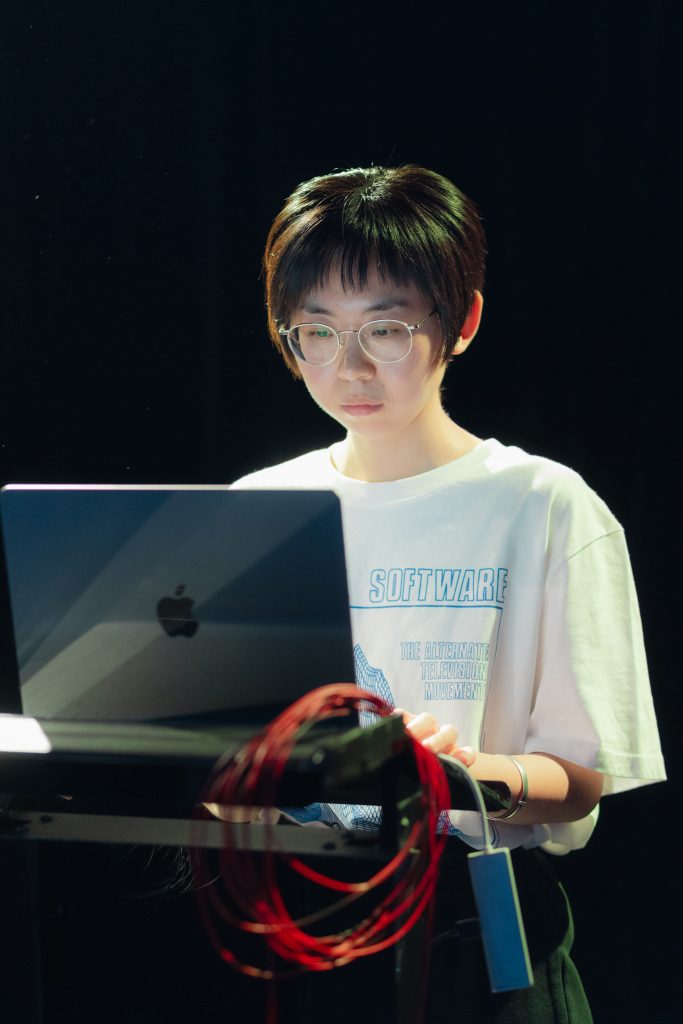
Dan Xu (CN/NL) is a creative researcher and artist with a multidisciplinary background spanning physics, computer science, and new media art. Her work is situated in the broad field of human-computer interaction and examines how emerging (digital) technologies shape our embodied and social realities. In her practice, she often explores the creative possibilities of computational media and alternative ways of appropriating technology for expression and communication. She recently completed her PhD at Leiden University, where she developed a relational approach to understanding and creating interactive dialogues in interactive art.
+ Website
+ Instagram
& Check-out the other selected projects for the Afropean Intelligence Residency Program:
+ Challenge 1: Intercultural AI: Weaving Worlds through Art and Algorithms | “Untangler: Worlds Reimagined” – Peace Olatunji
+ Challenge 3: Plural Computation | “The Affogbolo’s Home” – Pierre-Christophe Gam
+ Challenge 4: Psychogeography and the Influence of AI | “Bursting the last bubble” – Tamer Elshabrawy
+ Challenge 5: Archives & Memory | “Adorned memory: Reimagining Egyptian Indigenous Archives Through Jewellery” – Khanya Mthethwa
+ Challenge 6: ZaZi: An African Educational AI Model | “LORAS AS AN ARCHIVE – A LIVING ARCHIVE” – Evans Akanyijuka
+ Challenge 7: Beyond Borders: AI, Climate, and Resource Justice in Africa | “Cry To The Water” – Chipo Mapondera
+ Challenge 8: Digital Lukasa: An Intelligent Archival Tablet | “The Memory Performer: digital reincarnation of Luba wisdom” – Mahoutondji Kinmagbo
+ Challenge 9: Provenance and Social Memory | “TERRITOIRE TISSé: Art Royal Kuba entre tradition et (R)évolution” – Melisa Kayowa
+ Challenge 10: Futurism and Geolocation | “Mobility as Memory: a decolonial AI cartography of Kinshasa” – Chinedum Muotto

